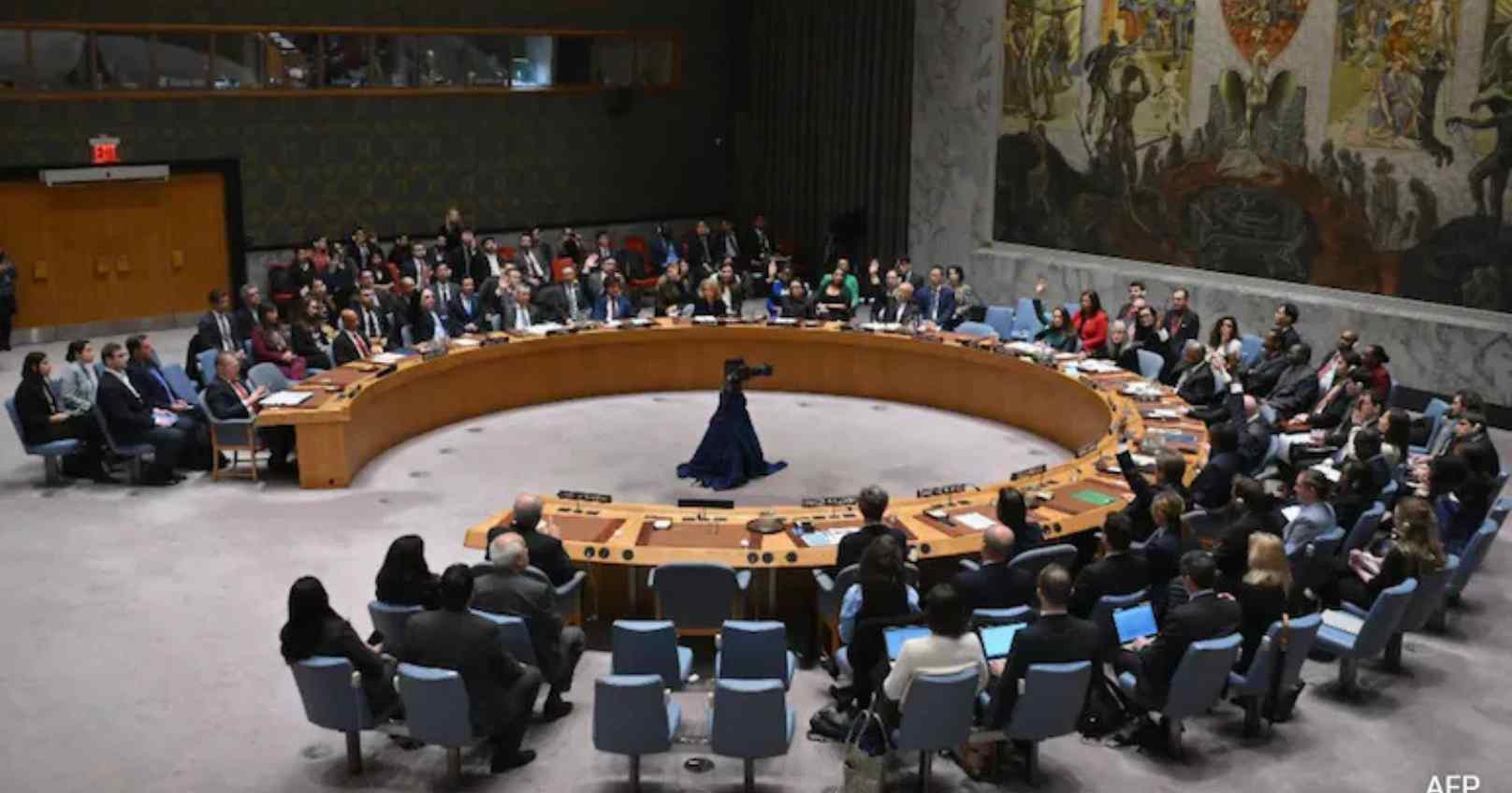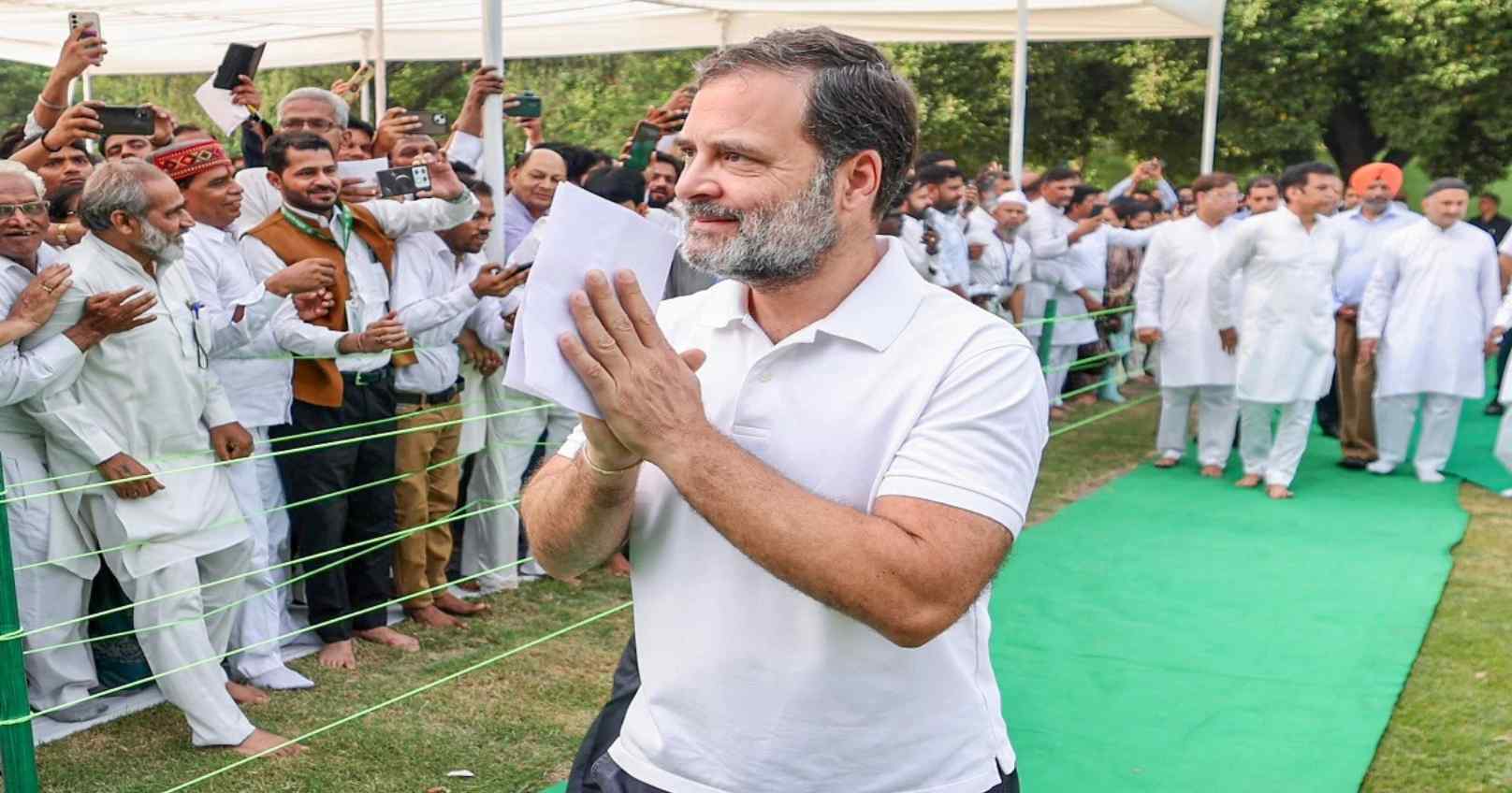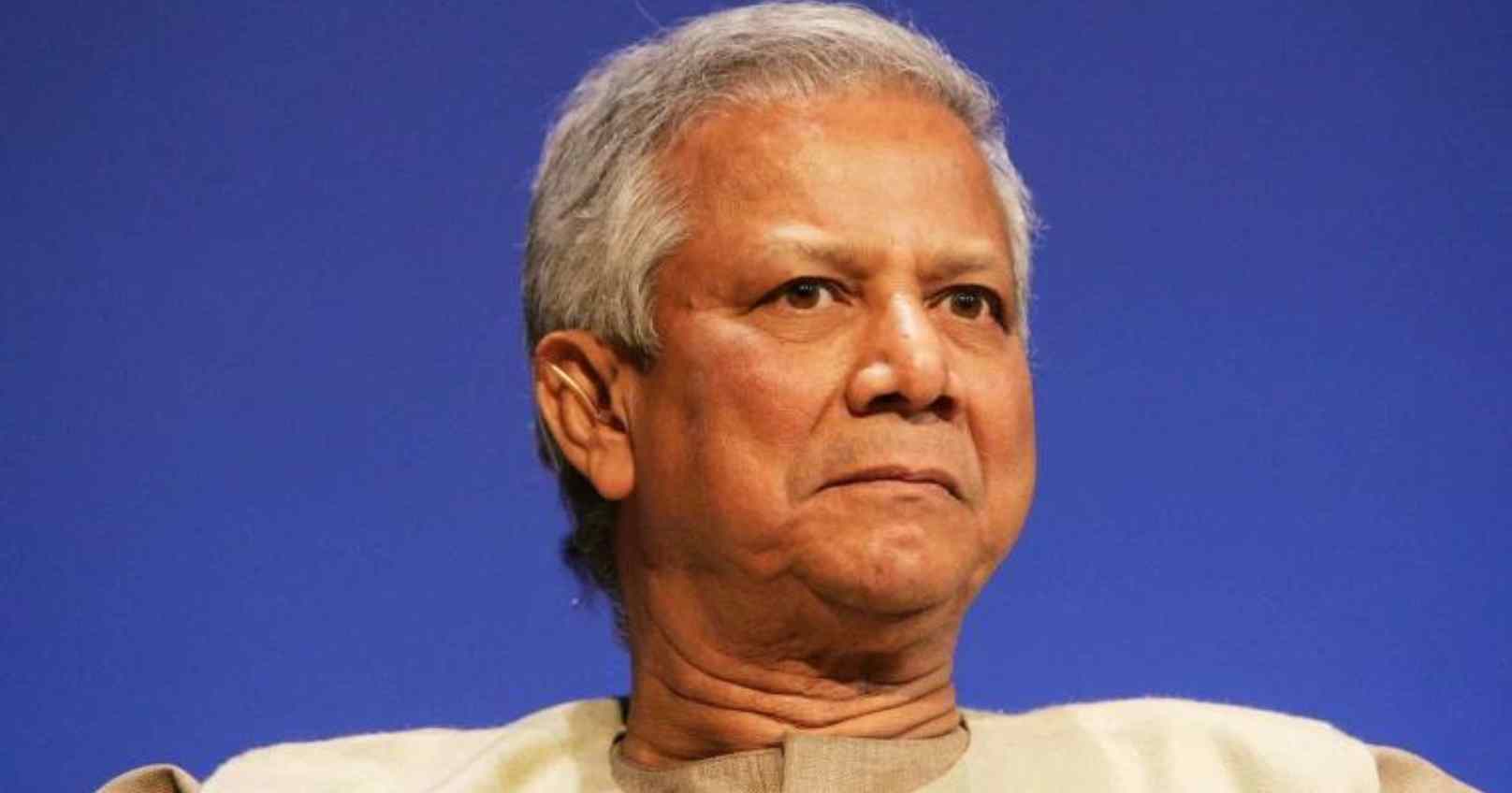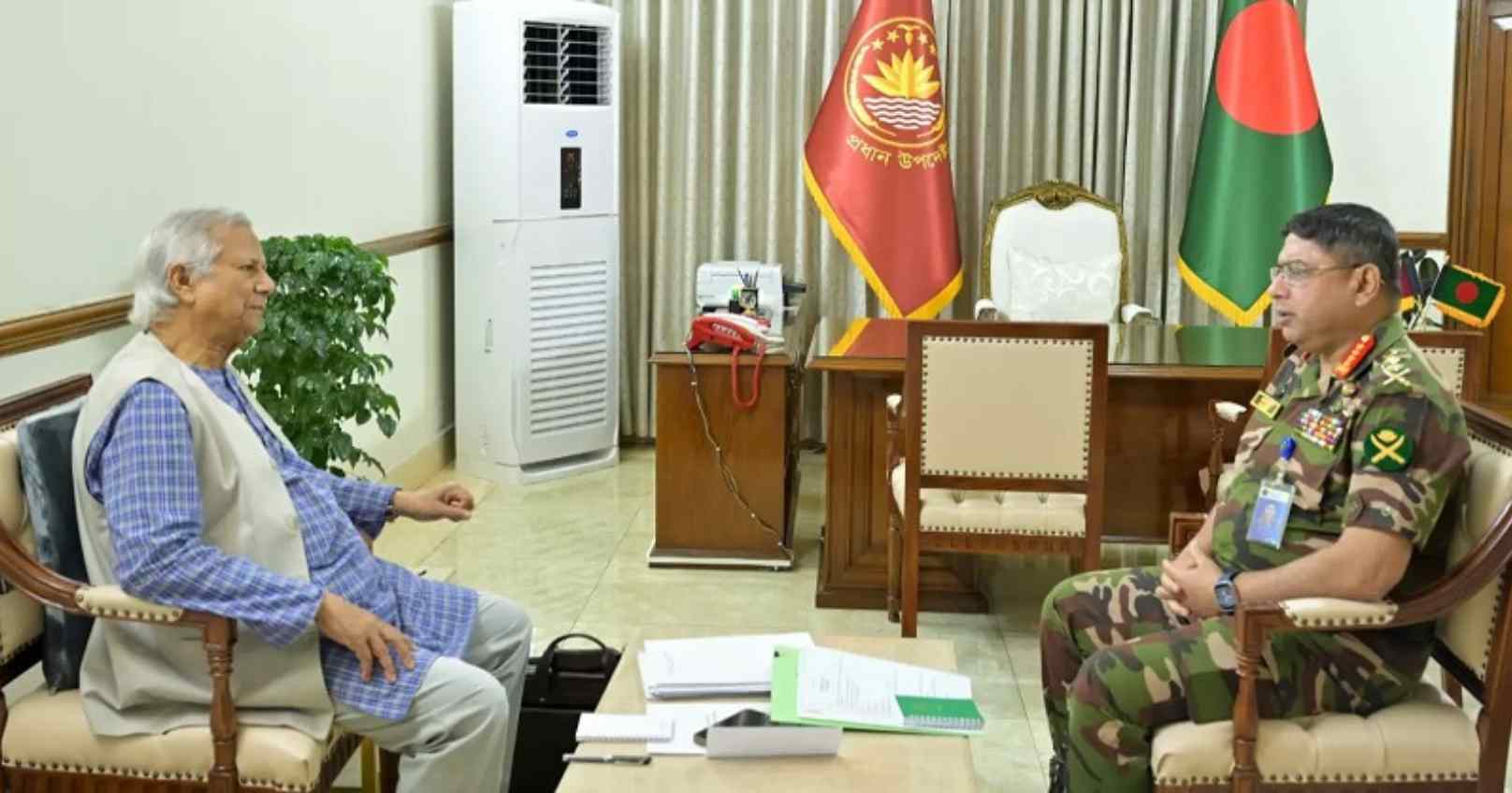India has strongly criticized Pakistan at the United Nations over its remarks regarding the Indus Waters Treaty, calling out Islamabad's "misinformation" in the wake of a deadly terrorist attack in Pahalgam, Jammu and Kashmir. The historic water-sharing agreement, signed in 1960, has been placed on hold by New Delhi following the April 22 terror strike that claimed 26 lives.
India’s Permanent Representative to the UN, Ambassador Parvathaneni Harish, rebutted Pakistan’s comments during a recent UN session, making it clear that the treaty would remain suspended until Islamabad halts its backing of cross-border terrorism. He emphasized that Pakistan remains a hub of global terrorism and has repeatedly undermined the treaty's spirit.
Responding to a Pakistani envoy’s claim that “water is life and not a weapon of war,” Harish outlined four key reasons for India's decision:
-
Breach of Trust and Continued Hostility: Harish said India entered the Indus Waters Treaty in good faith, but Pakistan had violated that trust by waging wars and sponsoring thousands of terror attacks. “More than 20,000 Indians have lost their lives in terror incidents over the last four decades,” he noted.
-
Evolving Ground Realities: The ambassador cited significant changes in global and regional security, growing demands for clean energy, and technological advances in dam infrastructure. He also highlighted safety concerns with older dams and Pakistan's resistance to any permissible updates under the treaty.
-
Pakistan’s Obstructionism: India, he said, had approached Pakistan multiple times over the past two years to discuss amendments to the treaty. These attempts were consistently rebuffed by Islamabad, preventing India from fully exercising its water rights.
-
Support for Terrorism: Harish underlined that the treaty’s suspension would continue until Pakistan credibly ends its support for terrorism. He called Pakistan’s narrative “hypocritical,” asserting that it is Islamabad—not New Delhi—that has violated the treaty.
Citing a 2012 attack on the Tulbul navigation project and other threats to Indian infrastructure, the ambassador said Pakistan’s actions have put lives and critical facilities at risk.
The diplomatic spat comes amid heightened tensions between the two nations following the Pahalgam massacre. In response to evidence linking the attackers to Pakistan-based groups, India launched "Operation Sindoor" on May 7, targeting terrorist infrastructure in Pakistan and Pakistan-occupied Kashmir.
Pakistan retaliated with missile and drone strikes, which were intercepted by Indian defenses. Indian forces then targeted Pakistani airfields before both sides agreed to a ceasefire on May 10.







